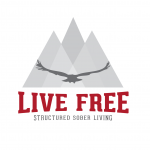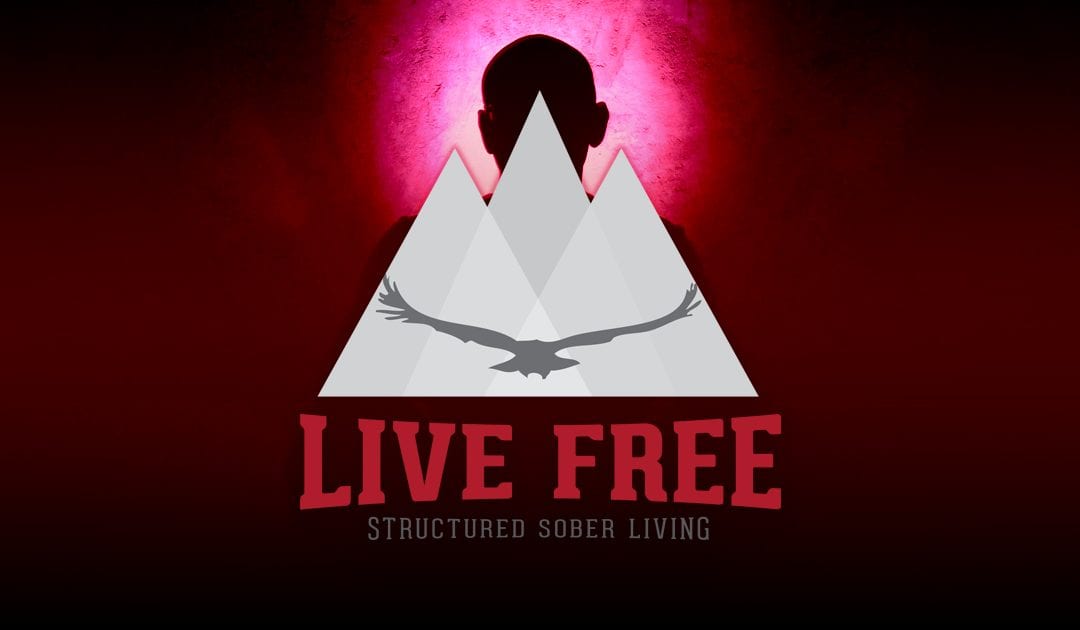We’ve all heard the quote
“Resentment is like drinking poison and waiting for the other person to die.”
That is because wishing harm on others does nothing to them, it only hurts you. You walk around with the negativity and an underlying ill feeling produced by the resentment. Usually, the other person isn’t even thinking of you at all…and that stings.
Resentment is a huge topic for people early in recovery from addiction,
and also folks that have been in recovery for a long period of time. It’s important I believe for all people to live a life free from resentment, although this is a difficult task to achieve. A great thing for the folks here at Live Free Structured Sober Living, is that they are encouraged to look at their resentment in a way so they may be free. A way to end the piling up of negative feelings. Think how just one resentment makes you feel in a physical sense, then do the math of all the unresolved resentments that you still hold onto. No wonder there are reasons why people drink and use drugs, they need to blot out the constant negative feeling they experience and give their heads a rest. If the person is newly sober and does not have tools to handle the resentment machine located between the ears then they are at risk of relapse.
How the 12 steps help with resentment
One tool is to utilize the 12 steps, more specifically the 4th step. We would not suggest you skip 1-3 and only do 4 but to locate someone who has worked all 12 and continues to show you how. This is an activity where you take all your resentment that you have built up inside and put it on paper. You then locate what the root of the resentment is and look to see where you can take ownership. This may seem like a self-defeating exercise that allows people to dump on you, but it’s not. It’s actually very freeing to be able to take ownership since you have no power to change others, but do have the power to change yourself. You also look at unreal expectations, dishonest thinking, and fear-based assumptions. The act of writing, admiring, and reading out loud is extremely freeing. This is an excellent tool for someone in or out drug and alcohol treatment, or in sober living.
Meditation as a tool for resentment
Another tool is to meditate regularly. There is one meditation in particular that focuses on increasing a persons love and kindness. This is where you focus on building love for people in a way that it’s easy to. Like the love for a puppy, parents, best friends, friends, neutral people then ending with people you have difficulty with. This allows you to build a calm fire of love to surround and melt resentment. Like fire, you start with stuff that catches fire easily, then start adding bigger and bigger fuel till you have a blazing fire. Once the fire is raging you can even put wet, difficult logs on the fire and they burn easily too. The meditation is similar. You walk through the 5 stages starting with an easy person to love and ending in stage 5 with someone you find difficult. You can feel the resentment you have possibly harbored for so long, leave over time. Adding this to your daily routine while here in sober living or at home will greatly enhance one’s recovery from addiction.
Prayer as a tool for resentment
Prayer is an excellent tool to be free of resentment as well. If one is open and willing to pray for someone they are at odds with, that person can experience a great deal of relief from the resentment. If they pray for that person to happy, healthy, and free from negativity then they themselves may feel that way. This is wonderful for folks in early addiction recovery since they can do it anywhere and at any time. Being in drug and alcohol treatment or sober living can be difficult and you may find yourself doing this regularly, that’s ok it’s a great habit to exercise and grow. There is plenty of research that shows doing this and meditation activates the frontal lobe of the brain like no other activity. The frontal lobe is the part of the brain that controls important cognitive skills in humans, such as emotional expression, problem-solving, memory, language, judgment, and sexual behaviors. It is, in essence, the “control panel” of our personality and our ability to communicate. Just more reasons to perform these activities daily for your early recovery.
What can I do now?
Little things can go a long way. Start your day by making your bed and then saying a small prayer. Ask whatever you believe in, even if that is yourself, to guide you and protect you today. Pray for others wellbeing and how to be of service to them. Next, spend a few small minutes sitting quietly and meditating. Put on a guided meditation if you would like or just concentrate on your breath. Below are a few links to different types of meditations. These seemingly small acts have huge impacts on your emotional and physical wellbeing. Practice daily and you will begin to notice your outlook and mindset beginning to change for the better. Others may notice it before even you.
Guided Meditation



Recent Comments